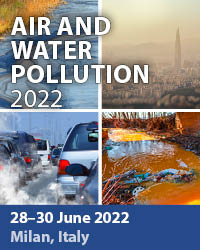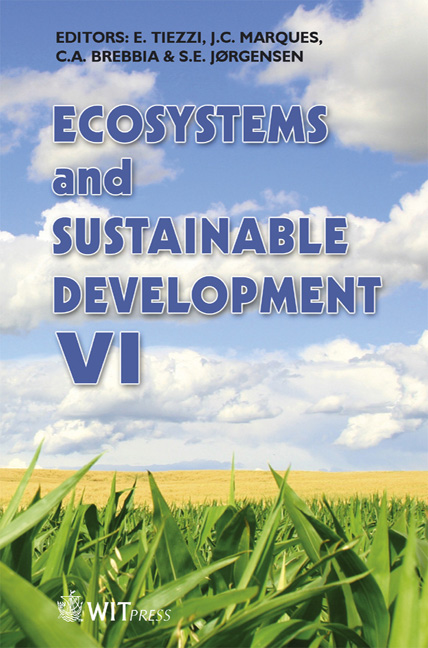Petrol Consumption Towards Unsustainable Development: Iranian Case Study
Price
Free (open access)
Transaction
Volume
106
Pages
7
Published
2007
Size
290 kb
Paper DOI
10.2495/ECO070281
Copyright
WIT Press
Author(s)
S. B. Imandoust
Abstract
One of the most important economic problems in Iran is petrol consumption. In fact, one litre of petrol in Iran is cheaper than one bottle of drinking water. Every year the government pays a large sum of money for imported petrol as well as petrol subsidies. Thus people consume it in an inefficient manner and petrol smuggling is a very popular job especially near boundaries. In the current Iranian year (21st March 2006–20th March 2007) about seventy million litres of petrol were consumed daily in Iran (the biggest petrol importer in the Middle East). This research reports the trend of petrol consumption during the last two decades and studies different scenarios for making decisions about petrol pricing and consumption. Finally some suggestions are presented for correcting the petrol consumption pattern. Keywords: petrol consumption, unsustainable development, petrol pricing. 1 Introduction One of the most important threats against sustainable development in Iran is energy subsidies. About 17.5% of GDP (gross domestic production) is allocated to energy subsidies every year. More than 25% of GDP is allocated to total subsidies in Iranian economics. The petrol price in Iran is about 9 cents per litre, so people consume it in a uneconomic manner. Official data shows during the last five years petrol consumption increased 10% yearly. In the current year about 70 million litres have been consumed daily by Iranians [1]. From the environmental point of view this level of petrol consumption caused high levels of air pollution especially in big cities and because of that Tehran (capital of Iran) is one of the most air polluted cities in the world. Because of its cheap price smugglers have high motivation for petrol smuggling. Although Iran is the fourth
Keywords
petrol consumption, unsustainable development, petrol pricing.





